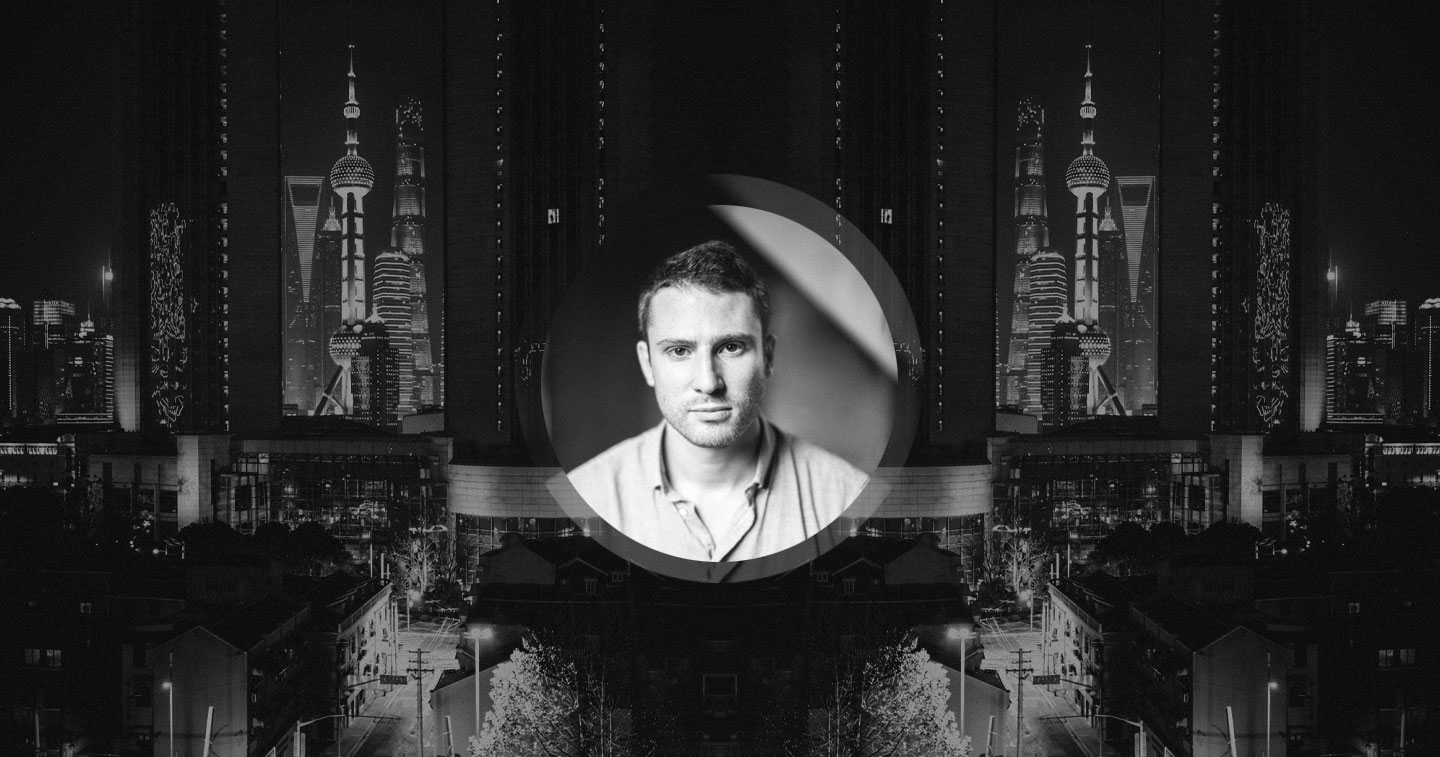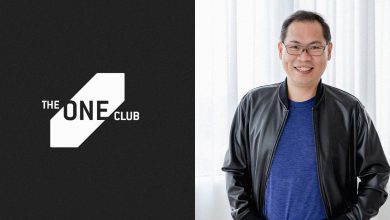SHANGHAI, CHINA – Richard Summers, Chief Strategy Officer & Partner at Anomaly Shanghai Agency recounts experiences during the height of COVID-19 in China. Now that the country is gradually starting to recover from the virus, and as many countries are going through what they went through 2 months ago, he shares thoughtful insights based on a larger report compiled by the Agency. His story explores the short-term and long-term impact of coronavirus on people and brands.
This includes changes in consumers’ reactions to certain brands based on their actions at this time, an increased appreciation on the so-called “little things”, and a magnanimous spike in patriotism, especially in China. Here he shares their experience and perspective from a market which has been through it:
With much of the world caught up in the crisis, here in China we’ve had the time to reflect on the potential longer term impacts of the crisis on people’s psychology and behavior, as well as the implications for brands and business going forward.
In Distrust We Trust
If this crisis has taught us anything, it’s that when you can’t be certain of who or what can be trusted, the only certainty is distrust. This reality will fundamentally reshape the way in which people interact not only with one another, but the brands they consume and the businesses they frequent.
How it plays out in future: A trust trade-off emerges – here in China, where privacy has always been a thorny issue, people are already giving up even more of it in exchange for peace of mind. Expect to see people increasingly willing to sacrifice personal information in exchange for other benefits from businesses.
*Verified interactions only – people will choose to interact only with people and businesses that have a verified status. Those that have it will benefit the most, while those that don’t will struggle to move forward.
Institutional skeptics – people’s distrust in large government bodies or institutions – particularly from younger generations – will spill over into other areas and walks of life – education – work – leisure – and elsewhere.
Patriotism Supercharged
China went through 3 distinct phases as the crisis evolved. Firstly, the rising sinophobia was strongly felt and reported back at home. Which secondly, led to a greater sense of unity within China. And finally now we are seeing a sense of “containment pride” for China’s successful handling of the crisis.
How it plays out in future: China United – When (and if) the Olympics happen, we can expect an even more fervent support of China by Chinese, as a show of strength and unity like no other.
Avoidance of anti-China – there will be more active choices against products, services or experiences from countries which behave unfavourably towards Chinese citizens and diaspora.
From inferiority complex to superiority complex – the Chinese deep-set inferiority complex will give way to a new mindset of superiority, because of the way in which China has handles itself in this crisis
Small is the new Big
When you’re in isolation for weeks or months at a time, you start to appreciate the little things. We’ve witnessed an explosion of new home based hobbies – from baking to balcony gardening, and everything in between.
How it plays out: Past-times become full-time – For some, these new found skills and hobbies – pet training, wine tasting, baking… may translate into alternative career choices. Whether it’s the realization that you can do this, or the chance to start a new life, expect to see a proliferation of new and unusual businesses.
From ambition to appreciation – Since 1978, the Chinese dream has always been about expansion, progression, ambition. If this virus has taught us anything, it’s about being able to feel content with what we have: The growing appreciation of what we have, versus the pursuit of what we don’t
From macro to micro – An opportunity for brands to focus less on the big picture, and more on the smaller details and interactions the brand can foster.
Health Gets Healthier
In the last decade we’ve witnessed the phenomenal rise of the health & wellbeing categories in China. And yet this lifestyle is just that – a lifestyle. Real health runs much deeper. We anticipate a shift from an “image” oriented view of health to a deeper, healthier view of health:
Fitness unleashed – as more people become used to doing exercise indoors and self-trained, there will be more flexible ways, time and places for exercise – e.g. workout in office, midday refresh, yoga class in the park and so on.
From Absent value to Added value – A more active pursuit of health would lead to people seeking “added” benefits to fortify and boost health, rather than just an absence of unhealthy ingredients. It’s less about what it doesn’t have in it, and more about what it does have in it.
“Perfect” body-shaming – As people’s view on health and exercise become more substantial than a perfect body shape, the image of health and fitness would be more diverse – a healthy look can be in all kinds of sizes and shapes.
Work, Revisited
After months of a different ways of working, many are started to reevaluate where their priorities lie – as well as how they work:
Meet the Multi-lancers – untethered from desks, those in the right industries will be able to do multiple jobs at the same time, leading to new possibilities in earning. At the same time, company compositions will change from many fixed workers to a pool of flexible workers
Part-time students & full-time parents: with many students switching to online learning, parents will choose to be full-time parents to accompany their children’s learning and growth. A grey education market will open up to support both parents and students
An urban exodus – when proximity to the office is no longer a criterion for choosing where to live, people will opt out of the high cost of living, pollution and crowded streets in favor of smaller cities.
 About the Author
About the Author
Richard Summers, Chief Strategy Officer & Partner Anomaly Shanghai
Richard Summers is a founding partner of Anomaly Shanghai, where he oversees the strategic direction of the agency and their clients, which include Budweiser, MINI, Wyeth, Sonos, Schweppes, among others.
Before establishing Anomaly in 2013, Richard was at Wieden + Kennedy Shanghai, where in addition to working in strategy, he created W+K+, one of the first in-house incubators that supported small startups. While at Anomaly, Richard launched the agency’s own IP platform, The Unreasonable, which champions and supports those who are creating progress across a broad range of industries and countries. As chief editor, he oversees the development of the platform which now includes iWeekly, LeTV, and KekeJL as media partners, with a 2M+ viewership and 40,000 followers on WeChat. The platform is integral in helping the agency stay better connected to culture.
Now with almost a decade in China, he draws on global, regional and local experience from both the East & West, and continues to be passionate about ideas – both big and small – that can shape behaviour, business, and culture.








